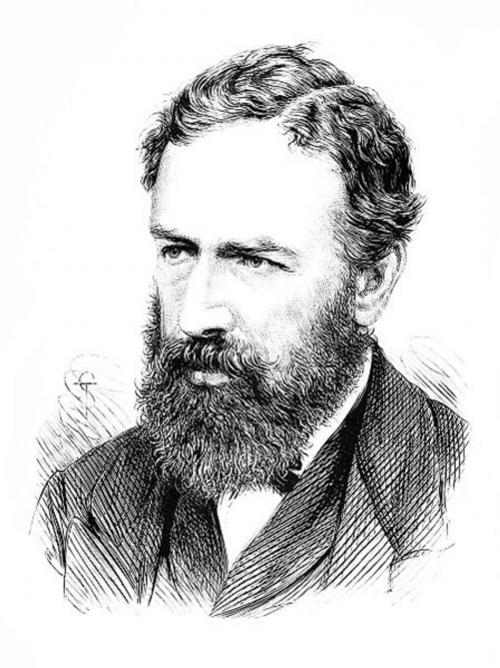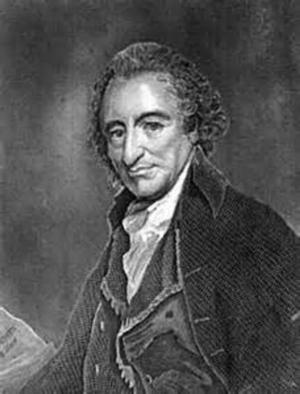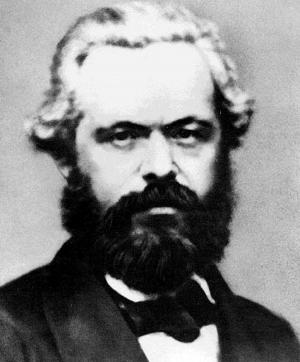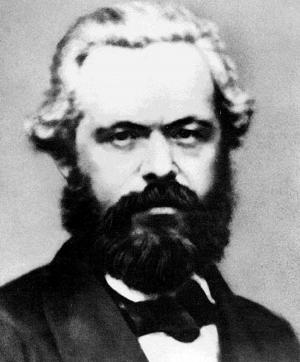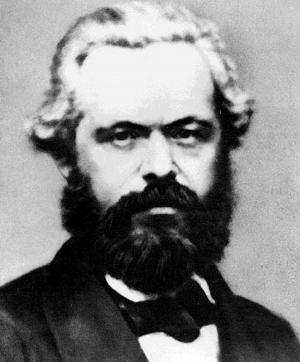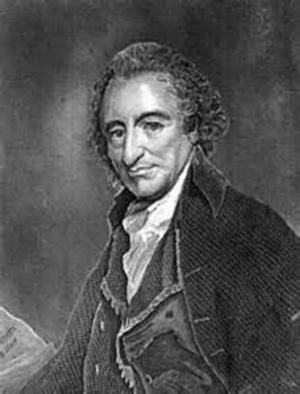The Coal Question: An Inquiry Concerning the Progress of the Nation, and the Probable Exhaustion of Our Coal Mines (Illustrated)
Business & Finance, Economics, Macroeconomics, Theory of Economics| Author: | William Jevons, Timeless Books | ISBN: | 1230000306682 |
| Publisher: | www.WealthOfNation.com | Publication: | February 24, 2015 |
| Imprint: | Language: | English |
| Author: | William Jevons, Timeless Books |
| ISBN: | 1230000306682 |
| Publisher: | www.WealthOfNation.com |
| Publication: | February 24, 2015 |
| Imprint: | |
| Language: | English |
The book has an active table of contents for easy access to each chapter as the follows:
1. Preface
2. Chapter I - Introduction and Outline
3. Chapter II - Opinions of Previous Writers
4. Chapter III - Geological Aspects of the Question
5. Chapter IV - Of the Cost of Coal Mining
6. Chapter V - Of the Price of Coal
7. Chapter VI - Of British Invention
8. Chapter VII - Of the Economy of Fuel
9. Chapter VIII - Of Supposed Substitutes for Coal
10. Chapter IX - Of the Natural law of Social Growth
11. Chapter X - Of the Growth and Migrations of our Population
12. Chapter XI - Of the Change and Progress of our Industry
13. Chapter XII - Of our Consumption of Coal
14. Chapter XIII - Of the Export and Import of Coal
15. Chapter XIV - On the Comparative Coal Resources of Different Countries
16. Chapter XV - Of the Iron Trade
17. Chapter XVI - The Problem of the Trading Bodies
18. Chapter XVII - Of Taxes and the National Debt
19. Chapter XVIII - Concluding Reflections
William Stanley Jevons was an English economist and logician in the row with the greatest thinkers Bertrand Russell, Gottlob Frege, Karl Popper, John Stuart Mill, Irving Fisher, Carl Menger, and Alfred Marshall. Their thoughts had strong influence on the investment style of George Soros and his endeavor of Open Society Foundations.
William Jevons’ important contribution to economics and scientific methods is his The Coal Question in 1865. In this book he argued the gradual exhaustion of the coal supplies in UK and published what is now known as Jevon's paradox that increases in energy production efficiency leads to more not less consumption. The peak oil theory as the foundation of speculating and justifying soaring oil price in the past ten years is also based on the analytical framework in the book The Coal Question.
Irving Fisher also praised Jevons’ book A General Mathematical Theory of Political Economy in 1862 as the start of the mathematical method in economics.
William Jevons' work of the utility theory along with similar discoveries made by Carl Menger in 1871 marked the opening of a new period in the history of economic thought.
William Jevons’ work The Coal Question in 1865 called out attention to the gradual exhaustion of the coal supplies in UK and he put forth what is now known as Jevon's paradox that increases in energy production efficiency leads to more not less consumption.
William Jevon’s also invented the logic piano and a mechanical computer that was a pioneer work for modern computer.
William Jevons also proposed the unique approach and framework of "Commercial Crises and Sun-Spots" to analyze business cycles that crises in the economy might not be random events, but might be based on discernible prior causes.
William Jevons’ influence has been felt in nearly every field of the humanities and social sciences.
The reasoning by William Jevons still remains as relevant today as it was then. This book is one of the most important ones about the deepest thoughts of utilizing natural resources, pricing cycles of the natural resources, applying technologies, and their economic impact on social systems by William Jevons, one of the greatest thinkers of modern economics and logic on the planet.
The book has an active table of contents for easy access to each chapter as the follows:
1. Preface
2. Chapter I - Introduction and Outline
3. Chapter II - Opinions of Previous Writers
4. Chapter III - Geological Aspects of the Question
5. Chapter IV - Of the Cost of Coal Mining
6. Chapter V - Of the Price of Coal
7. Chapter VI - Of British Invention
8. Chapter VII - Of the Economy of Fuel
9. Chapter VIII - Of Supposed Substitutes for Coal
10. Chapter IX - Of the Natural law of Social Growth
11. Chapter X - Of the Growth and Migrations of our Population
12. Chapter XI - Of the Change and Progress of our Industry
13. Chapter XII - Of our Consumption of Coal
14. Chapter XIII - Of the Export and Import of Coal
15. Chapter XIV - On the Comparative Coal Resources of Different Countries
16. Chapter XV - Of the Iron Trade
17. Chapter XVI - The Problem of the Trading Bodies
18. Chapter XVII - Of Taxes and the National Debt
19. Chapter XVIII - Concluding Reflections
William Stanley Jevons was an English economist and logician in the row with the greatest thinkers Bertrand Russell, Gottlob Frege, Karl Popper, John Stuart Mill, Irving Fisher, Carl Menger, and Alfred Marshall. Their thoughts had strong influence on the investment style of George Soros and his endeavor of Open Society Foundations.
William Jevons’ important contribution to economics and scientific methods is his The Coal Question in 1865. In this book he argued the gradual exhaustion of the coal supplies in UK and published what is now known as Jevon's paradox that increases in energy production efficiency leads to more not less consumption. The peak oil theory as the foundation of speculating and justifying soaring oil price in the past ten years is also based on the analytical framework in the book The Coal Question.
Irving Fisher also praised Jevons’ book A General Mathematical Theory of Political Economy in 1862 as the start of the mathematical method in economics.
William Jevons' work of the utility theory along with similar discoveries made by Carl Menger in 1871 marked the opening of a new period in the history of economic thought.
William Jevons’ work The Coal Question in 1865 called out attention to the gradual exhaustion of the coal supplies in UK and he put forth what is now known as Jevon's paradox that increases in energy production efficiency leads to more not less consumption.
William Jevon’s also invented the logic piano and a mechanical computer that was a pioneer work for modern computer.
William Jevons also proposed the unique approach and framework of "Commercial Crises and Sun-Spots" to analyze business cycles that crises in the economy might not be random events, but might be based on discernible prior causes.
William Jevons’ influence has been felt in nearly every field of the humanities and social sciences.
The reasoning by William Jevons still remains as relevant today as it was then. This book is one of the most important ones about the deepest thoughts of utilizing natural resources, pricing cycles of the natural resources, applying technologies, and their economic impact on social systems by William Jevons, one of the greatest thinkers of modern economics and logic on the planet.
